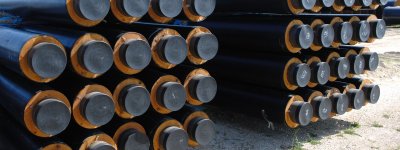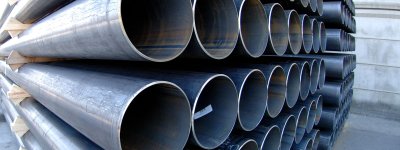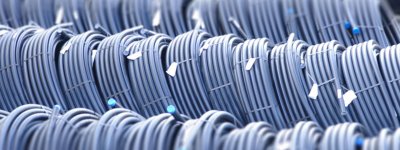 Pipes
Pipes
Conveying fluids has always been an element of primary importance and a subject of study for mankind. The great aqueducts built by the Romans still today bear witness to the importance that has always been given to water supply, essential to the development of human civilization, and it must also be remembered that such works must be lasting in time and that the functionality of the water system is of utmost importance.
Today the technologies made available by hydraulic engineering allow the solution of any problem concerning the transport and distribution of fluids, whether they are in liquid or gas form, thanks to the use of materials with mechanical properties that can satisfy increasingly difficult and demanding working conditions, often variable over the lifetime of the pipeline.

Preinsulated pipes for District heating and District Cooling networks and conveying fluids at high temperature
Preinsulated pipes for District heating and District Cooling networks and conveying fluids at high temperature for the production of energy from dia. 1/2” (21.3 mm) to dia. 36” (914.0 mm) according to EN 253 standard.
HFI-W Technology
The steel pipes produced by Riveco Generalsider are made exclusively with duly killed, hot rolled steel coils with physical and chemical characteristics to ensure improved performance. Riveco Generalsider S.p.A. employs exclusively high frequency Induction welding equipment which longitudinally weld with electro-magnetic high-frequency induction the pipes not using filler metal.
The characteristic of the production process carried out in RGS allows the following advantages:
HFI-Welding
Allows to combine the advantages of seamless pipes with the advantages of the welded pipes at a lower cost
Induction welding
Guarantees an higher homogeneity in the continuity of the welding
Annealing of the welding
Guarantees an higher homogeneity between the welding and the pipe body
Integrated Control System
Of the pipe allows ongoing test during the production for the highest reliability of the product in time




